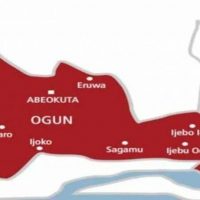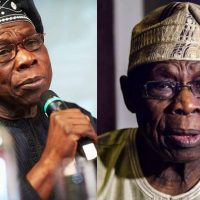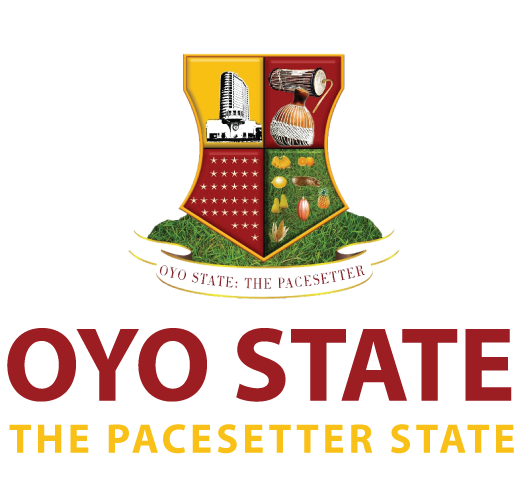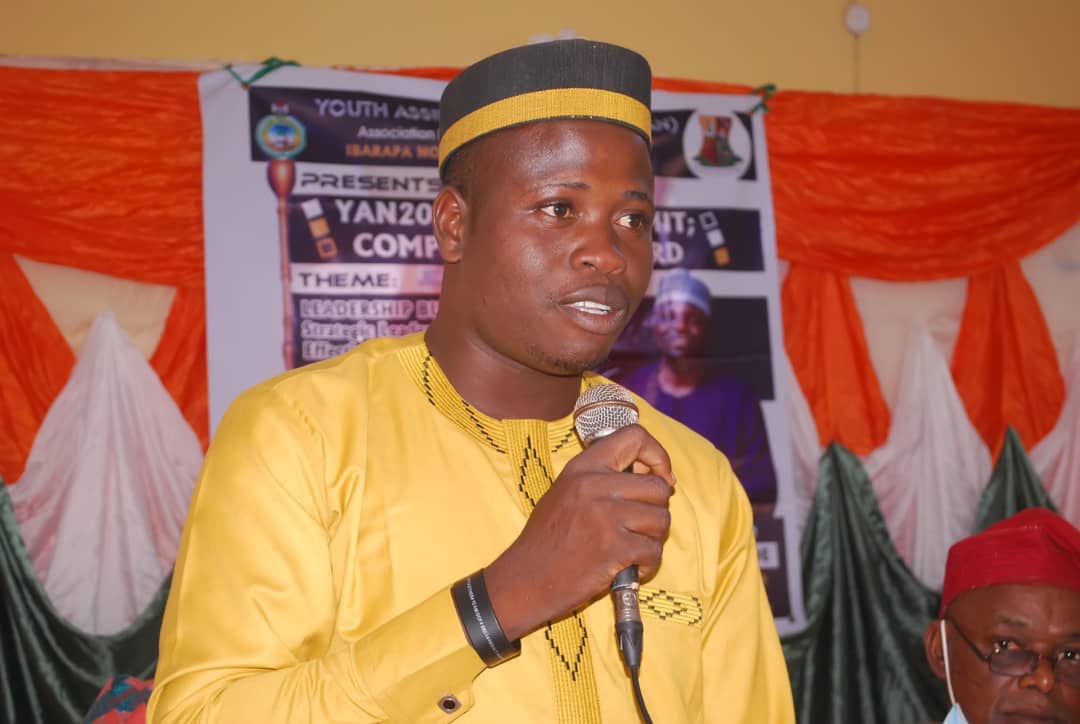Topic: Irregularities within the Nigeria Educational Sector – The Way Out
A Lecture delivered by Com. Oke Wasiu Ayinde (Pattern), Former Federation of Oyo State Student Union (FOSSU) National Senate President, at the 2020 Symposium and Award Presentation of National Association of Lanlate Students ((NALS) Held at Nitel Club House Lanlate Ibarapa East L. G Oyo State today, 1st January, 2021
All Protocols are duly Observed
INTRODUCTION
Education, according to Wikipedia, is the process of facilitating learning, or the acquisition of knowledge, skills, values, beliefs, and habits. It also includes the process of developing the powers of reasoning and judgment to prepare oneself or others intellectually for mature life. In fact, the level of development of any nation is usually measured according to its level of education.
Despite the huge potentials of the sector, especially, in aspects of national development, it seems so neglected in Nigeria. Apart from COVID-19, there are other pandemics that continually plague the educational sector of Nigerian schools. These, just as the current global pandemic, are also deadly, considering the long-term effect they have on the students after graduation.
Have you ever wondered why students from Africa, especially Nigeria, migrate to other parts of the world in search of quality education? Or the reason behind the excellent performance of students when they are outside of this part of the world as against their poor performance when they are here?
What distinguishes a nation with quality education from those with disadvantageous educational system is how much the former is able to utilize its students and bring out the best in them.
Talk of Nigeria educational system – from the primary level to secondary level and tertiary level – and issues like decline in standard, deterioration of facilities, poor remuneration, examination malpractices, industrial action (that is, strike), among others would be discussed alongside. In fact, the problems cannot be exhausted within a single lecture. These problems are so ingrained in the system that subsequent administrations keep on inheriting them.
This lecture does not only attempt to dissect the irregularities that have plagued the educational sector of Nigeria but also proffers workable solutions to the myriads of challenges. This is to avoid a total collapse of the sector in the coming years.
What are the irregularities?
To avoid an overly long lecture, I will try as much as possible to be brief in discussing the challenges. Besides, these problems are not newly-created ones; they have been in existence for some decades.
The national budget for education has remained abysmally poor over the years; it still struggles to find its feet on 15% as against the 26% recommended by the United Nations. This has led to the rising cost of education at all levels , with exception to a few states that still provide free education at primary and secondary levels, This lack of inadequate funding has birthed other problems, including poor remuneration of teachers, lack or inadequate facilities or infrastructure, among others. Even the little money earmarked for the sector eventually get diverted and embezzled by both public and civil servants.
In terms of infrastructure, many schools still suffer from its deficit. In some primary and secondary schools, for instance, pupils have to study under trees; in others, classrooms are often without roofs or desks to write on. Sometimes, students have to compete with nature (rain or sun) for a space in their classrooms. Some schools do not even have teachers to teach the students.
Tertiary institutions are not also left out in the challenge. Many of them lack lecture theatres or classrooms that can freely accommodate their respective students. Some lecture rooms are usually jampacked with students such that they are inconducive for its occupants. How can learning be effective in such an atmosphere? Apart from this, only a few schools have hostels. Even the available hostels are overcrowded. This is as a result of the inability of the sector to accommodate the rising population demands.
The Nigeria educational sector now extols the virtue of indiscipline as it is characterized by malpractices of various kinds and magnitude. Think of surcharges and examination malpractices. Students are being surcharged in a number of ways in tertiary institutions either in the name of dues that are not accounted for, forceful purchase of reading and other learning materials at exorbitant rate, among others. This is totally unacceptable.
In some schools, examination malpractices have been elevated to standard practice. The few ones that still uphold their moral standards are regarded as outcasts by their corrupt peers. Parents are not excluded from the equation; they are now widely encouraged to pay bribes to teachers to assist their children and wards during examinations. Even invigilators are often in direct collusion with these practices.
It has become a norm for teachers in Nigerian schools to be owed months and backlogs of salary and other arrears. This has led to a series of industrial action by teachers’ unions over the years, which in turn has crippled the educational sector over the years. It is unfortunate that some institutions are far behind schedule in academic activities.
The Nigerian educational sector has had to deal with the problem of outdated curriculum for decades now. From the primary to university levels, students are taught from curriculums that has no bearing with models in the 21st century, meaning that most Nigerian graduates are learning things that have no place in the modern world. Some countries have integrated artificial intelligence into their secondary schools’ curriculum. When will Nigeria get to this state?
The Way Out
The educational system has so much been infested with corruption scourge that it will take a concerted effort by all stakeholders in the sector to effect a meaningful change. In this case, the government, parents, teachers, and students are key players in restoring sanity and lost glory back to the educational sector.
Government
A government that is serious about producing highly-educated individuals that will become useful members of the society in the 21st century must adequately fund the sector and put safeguards in place to stem the wave of massive corruption that has obstructed the growth of the sector in recent years.
Schools should be provided with basic equipment that will facilitate effective learning. Such facilities include well-equipped laboratories for practical classes, well-equipped libraries, conducive lecture rooms, among other training facilities. It should also ensure that the welfare packages of its teachers are encouraging. This will serve as a motivation for them to discharge their duties effectively.
For the Nigerian student to function effectively in the midst of their peers from other countries, the nation’s curriculum also has to be overhauled and modernized to flow with the tide of evolving technology. In addition, curriculum should not be irrationally changed by successive administrations, especially based on certain policies. Only a relatively stable curriculum that is in tandem with the modern needs can provide teachers, students, and administrators with a measurable plan and structure for delivering quality education.
Training programmes should be made available and compulsory for all teachers to keep them up to date with teaching methods and societal needs
Parents
Parents are meant to provide the basic needs needed to meet the challenges of life. They should be able to show enough care and support to their children and wards.
Teachers
Teachers should avoid being used as tools for examination malpractices. They should also employ quality teaching aids and up-to-date materials in teaching their students.
Students
As students, we also need to strive to become independent and useful members of the society. This is only possible with dedication and diligence.
Other bodies
Private and corporate organisations, non-governmental organisations, and individuals should as a matter of due responsibility encourage and finance research programmes, inventions, and mass production of invented products as a way of discouraging prospective students from indulging in any form of academic irregularities. They should also help to ensure adequate infrastructural facilities and tools are made available in schools.
Together we can take the Nigeria educational sector to a height where it develops and improve human capacity development of its citizens, thus helping them to attain sustainable livelihood as well as continue making exploits across the globe.
Thank you for your time.
Long live, Nigeria!
Long live, Oyo State!





